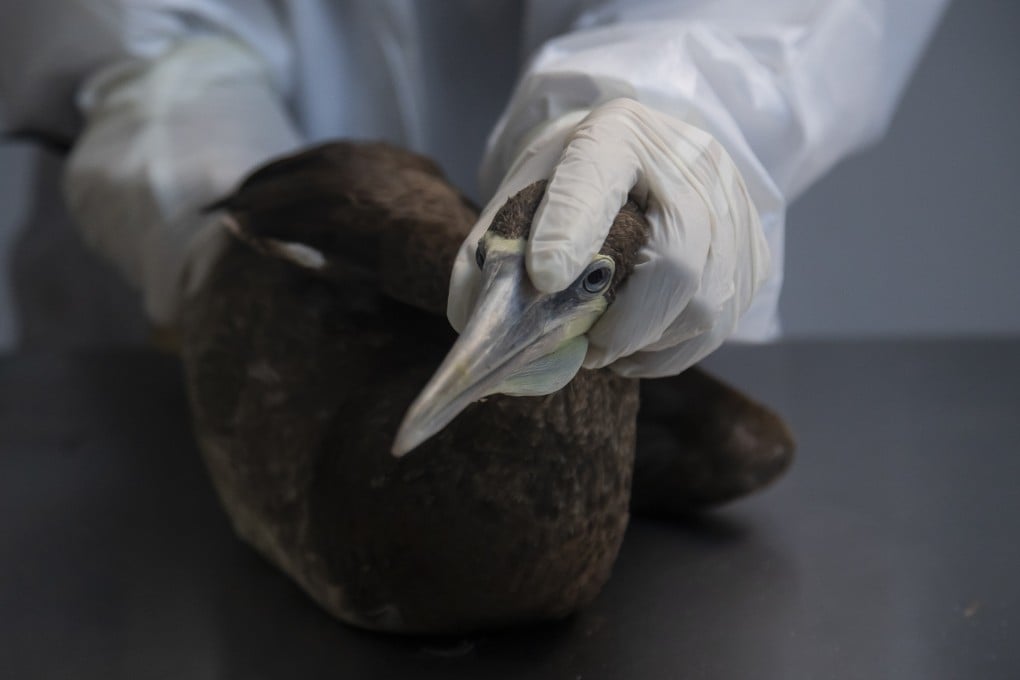WHO worried bird flu might adapt to humans ‘more easily’
- There has been a surge of outbreaks in mammals, which are biologically closer to humans
- The animals could also serve as ‘mixing vessels’, leading to the emergence of new and potentially more harmful viruses

The World Health Organization warned Wednesday that the recent surge in bird flu outbreaks among mammals could help the virus spread more easily among humans.
Since late 2021, Europe has been gripped by its worst-ever outbreak of bird flu, while North and South America have also experienced severe outbreaks.
This has led to the culling of tens of millions of poultry worldwide, many with the H5N1 strain of the virus, which first emerged in 1996.
But there has recently been a worrying spike in infections in mammals.
“Avian influenza viruses normally spread among birds, but the increasing number of H5N1 avian influenza detections among mammals – which are biologically closer to humans than birds are – raises concern that the virus might adapt to infect humans more easily,” the WHO said in a statement.
“In addition, some mammals may act as mixing vessels for influenza viruses, leading to the emergence of new viruses that could be more harmful to animals and humans.”
